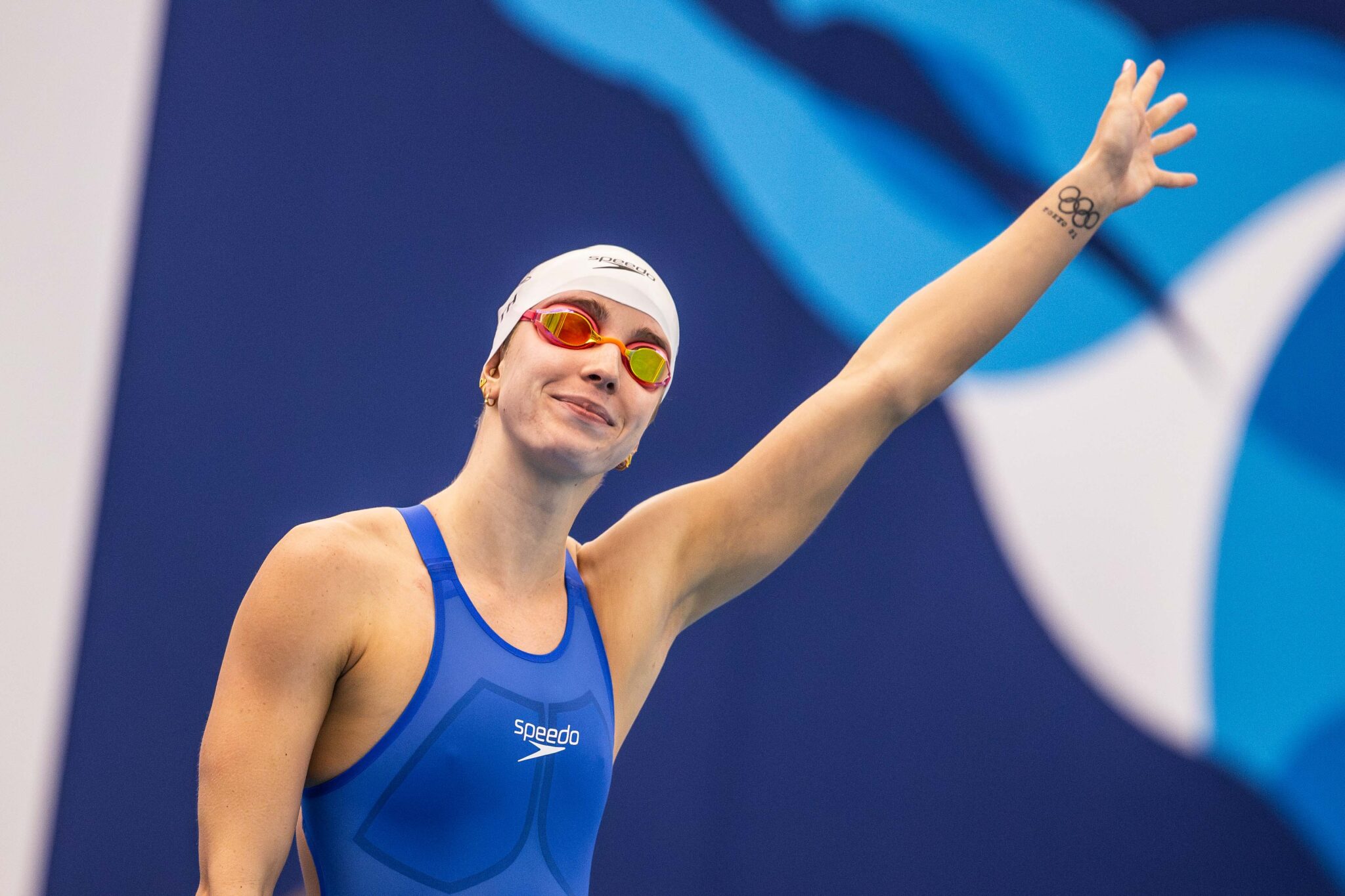Shreveport Police Seek Public Help in Locating Missing 59-Year-Old Woman Latonia Wade
The Shreveport Police Department is seeking the public’s help in locating a missing 59-year-old woman, Latonia Wade. She was last seen on April 3rd, 2024, in the 4500 block of…
New Federal Rule Protects LGBTQ Rights in Healthcare: A Step Towards Equality
The Biden administration has announced a new federal rule aimed at protecting the civil rights of transgender and other LGBTQ individuals. This rule, announced by the Department of Health and…
Rising Swimmer Regan Smith’s Eligibility in Question after NCAA Withdrawal
In March, Regan Smith made headlines when she entered the NCAA transfer portal. However, new information has emerged that suggests she has withdrawn from the portal. Athletes in the portal…
Chipotle Refocuses on Core Brand after Closing Health Food Concept, Farmesa
After a year in operation, Chipotle has decided to refocus on its core brand following the closure of its health food restaurant concept, Farmesa, which opened just one location in…
Uncovering the Tax Implications of Gambling Wins in North Carolina
In North Carolina, gambling winnings are taxable income, and this applies to all wins, big or small. Despite some misconceptions that individuals can offset their gambling wins and losses on…
Aetna and Dignity Health Reach Multi-Year Contract to Preserve In-Network Access for Central Coast Region of California Members
Aetna has reached a multi-year contract with Dignity Health, allowing members to maintain in-network access to Aetna services in the Central Coast Region of California. This agreement benefits members from…
Nevada Health Link Offers Enrollment Support to Those Who Have Lost Medicaid Coverage Amidst Redetermination Process
As a result of the Medicaid eligibility redetermination process that resumed in April 2023, individuals who no longer qualify for Medicaid or CHIP and have lost their benefits more than…
Owner of Goo, Arrested for Involuntary Manslaughter after Explosion at Vape Distributor’s Building
On March 4, a tragic incident occurred at a Clinton Township building that housed Goo, a distributor for the vaping industry. The building contained over 100,000 vape pens and received…
A Call to Action: Expanding Access to Assistive Reproductive Technology for All Families
In recent years, the use of assisted reproductive technology (ART) has become increasingly important for individuals and couples facing various challenges. Cancer survivors, same-sex couples, and those experiencing infertility or…
A Health Update on King Charles: Is the Monarch’s Health Really Okay?
There is a growing concern in British society and among those in power about the health of King Charles. Despite official denials, some reports suggest that things are not going…



